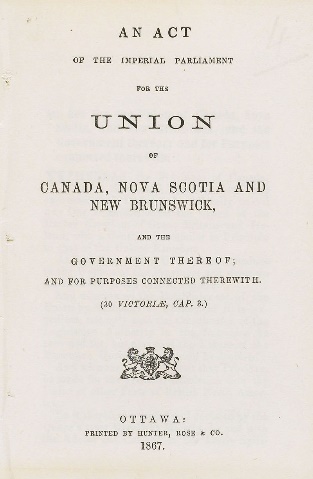
In Canada, immigration is governed by a large range of laws and regulations at the federal and provincial levels. The boundaries of immigration law in Canada are determined by Section 95 of the Constitution Act, 1867 which gives the power to legislate on immigration matters to both the federal and provincial government, with the condition that in case of conflict federal law prevails.

At the level of the federal government, corporate immigration in Canada is mainly governed by the following laws:
- Immigration and Refugee Protection Act, S.C. 2001, c.27. (IRPA).
- Immigration and Refugee Protection Regulations, SOR/2002-227 (IRPR).
- Citizenship Act, R.S.C. 1985, c. C-29.
- Citizenship Regulations, SOR/93-246.
- An Act to amend the Citizenship Act and to make consequential amendments to other Acts L.C. 2014, ch. 22.
In addition to federal laws and regulations, corporate immigration is governed by multiples policies, laws, and regulations on a provincial level. As an example, corporate immigration in the province of Québec is governed by the Québec Immigration Act, L.R.Q.c. I-0.2.1. In Ontario, corporate immigration is mainly governed by the Ontario Immigration Act, 2015, S.O. 2015, c. 8.
In conformity with the Canadian legal system, the decisions from the Federal Court, the Federal Court of Appeal, and the Supreme Court of Canada are also used to interpret the application of the immigration laws.

